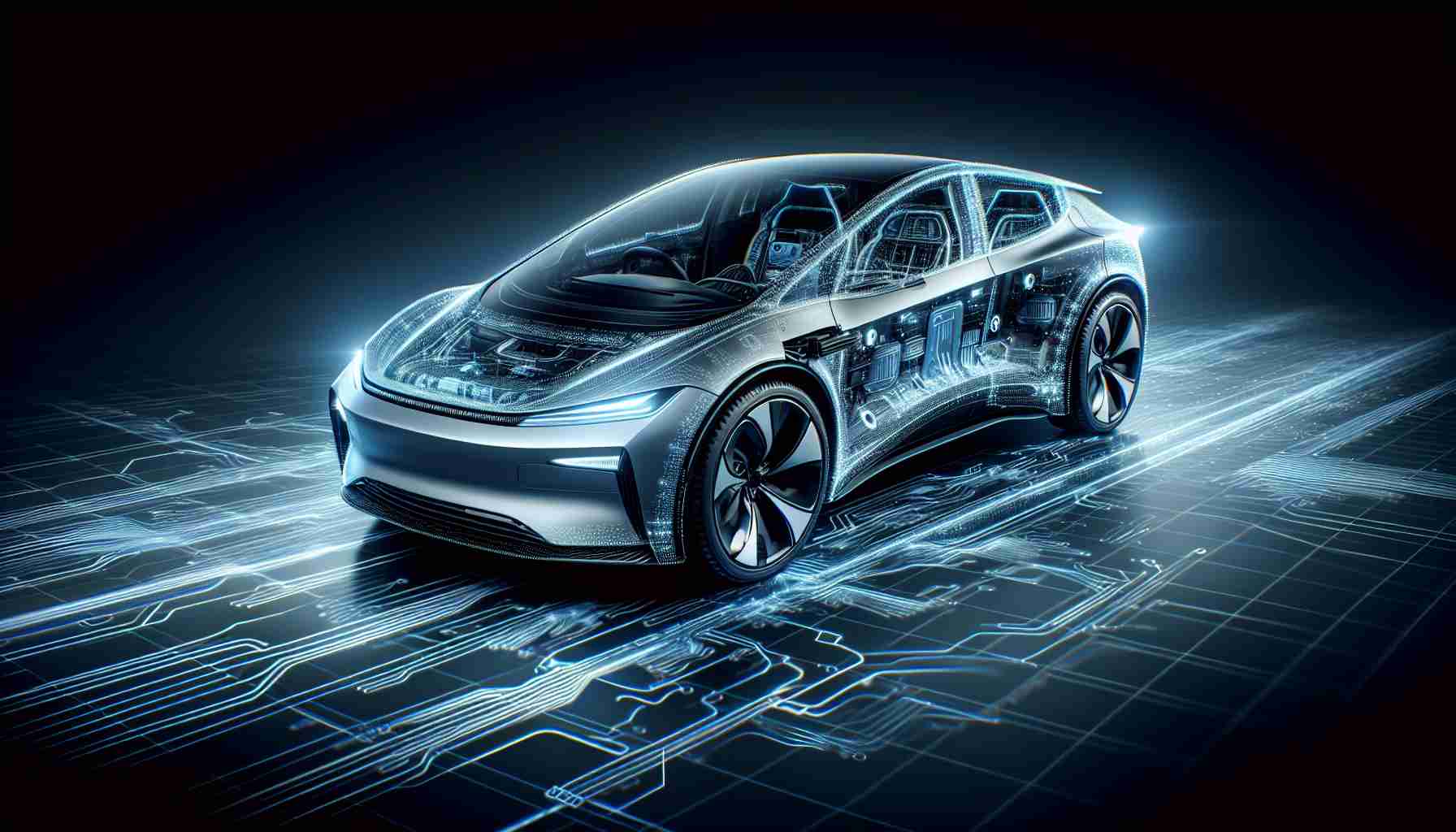Xiaomi’s Chief Introduces the Brand’s Inaugural EV
The tech world watched with anticipation as Xiaomi’s Founder, Lei Jun, confidently presented their latest innovation, the SU7 electric vehicle, at an eagerly awaited event in the bustling city of Beijing. This was a red-letter day in Xiaomi’s history, marking a bold step beyond their established domain of consumer electronics into the competitive realm of electric vehicles.
A Three-Year Journey Culminates with the SU7 Launch
This electric vehicle is not just another addition to Xiaomi’s product line; it represents a significant chapter in Lei’s illustrious career. His announcement three years earlier had labeled the EV project as potentially his final grand business endeavor. Now at 54, the self-made billionaire faced a momentous occasion that could further cement his remarkable legacy or present an unforeseen challenge.
The Challenges of Automotive Innovation
Lei Jun, with a mix of vulnerability and pride, shared with attendees his realization of the complexities in creating an automobile. This revelation highlighted the sheer perseverance behind the transition from leading a revolution in the smartphone market to venturing into the intricate world of electric cars.
Xiaomi, a powerhouse in delivering cost-effective smartphones, has now embraced the challenges of automotive manufacturing. Consumer anticipation is palpable as the Xiaomi EV enters a market teeming with potential and fraught with competition. The company offers an exciting prospect for a future where smart technology and transportation converge, driven by Xiaomi’s ambition and ingenuity.
Xiaomi’s Bold Entry into the EV Market: An Analysis
Xiaomi’s venture into the electric vehicle market signifies a strategic diversification for the company, which is widely recognized for its smartphones, smart home devices, and consumer electronics. It reflects a growing trend among tech giants to invest in the future of transportation. Companies like Apple and Sony have also shown interest in developing electric vehicles, underlining the crossover potential between technology and automotive industries.
Key Questions and Answers
1. What is Xiaomi’s experience in the automotive industry?
Xiaomi is a newcomer to the automotive industry. Its established expertise lies in consumer electronics and smart home gadgets. The foray into electric vehicles marks a significant expansion of its portfolio and requires new competencies and partnerships.
2. How will Xiaomi differentiate its EVs in a crowded market?
Xiaomi could leverage its experience in creating high-quality, cost-effective consumer electronics to offer competitively priced EVs with advanced technological features, integrating smart connectivity options that cater to the modern consumer’s lifestyle.
3. What production and supply chain challenges might Xiaomi face?
As a new entrant, Xiaomi may encounter difficulties in establishing an automotive supply chain, dealing with manufacturing challenges at scale, and navigating complex regulations and safety standards unique to the automotive industry.
Key Challenges and Controversies
Xiaomi must overcome several obstacles as it transitions from electronics to electric vehicles. They need to develop automotive manufacturing expertise and secure a reliable network of suppliers. There are also regulatory hurdles, such as safety standards and emission regulations, as well as meeting the high expectations of EV consumers regarding performance, range, and convenience. Additionally, competing with established carmakers and other tech companies entering this space is a significant challenge.
Advantages and Disadvantages
Advantages:
– Xiaomi’s brand recognition and its reputation for value for money could attract customers.
– The company’s expertise in battery technology for consumer electronics could be advantageous in EV production.
– As a major player in smart devices, Xiaomi can integrate advanced digital technologies into its vehicles for a connected driving experience.
Disadvantages:
– Lack of experience in automotive manufacturing could lead to initial drawbacks and consumer skepticism.
– High R&D expenses and capital investment with uncertain ROI due to the competitive and rapidly evolving nature of the EV market.
– Potential difficulties in navigating the regulatory landscape of the global automotive industry.
For accurate and up-to-date information, interested readers are suggested to visit Xiaomi’s official website: Xiaomi Official.
Overall, Xiaomi’s expansion into the EV market holds promise, provided the company can leap over the considerable barriers that lie ahead. The success of the SU7 could pave the way for Xiaomi to become a prominent player in the electric mobility revolution.
The source of the article is from the blog lanoticiadigital.com.ar
